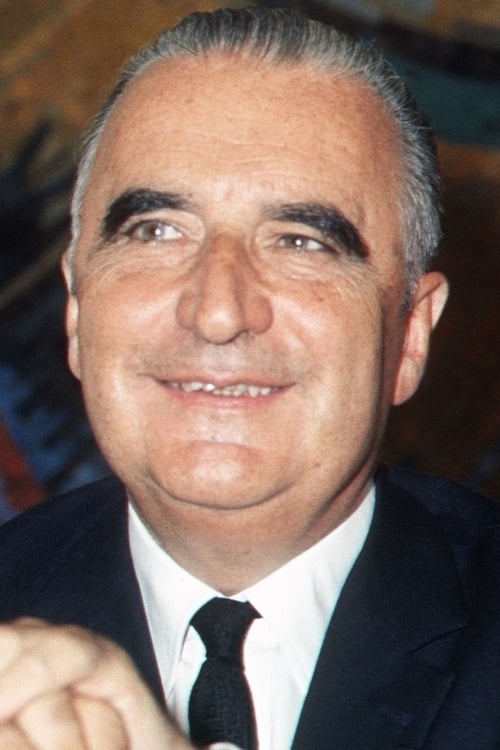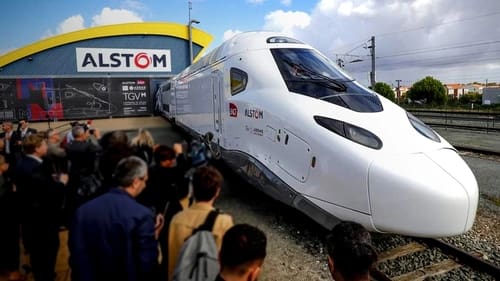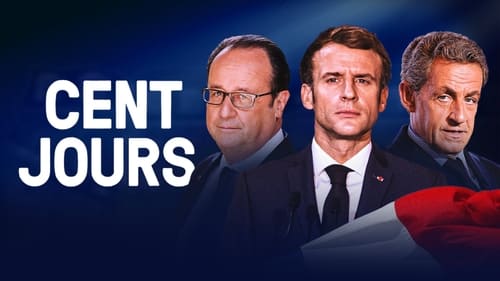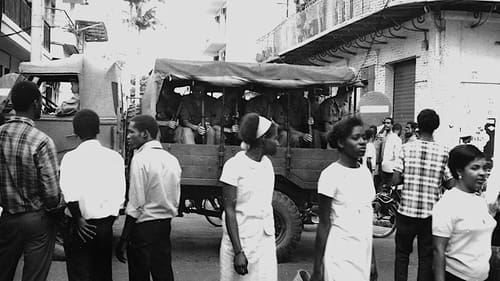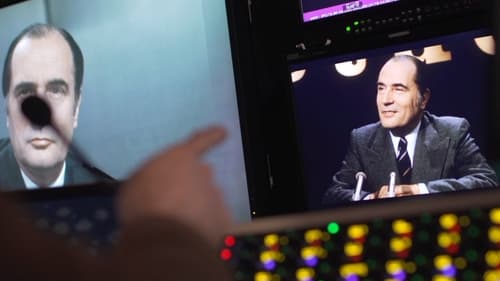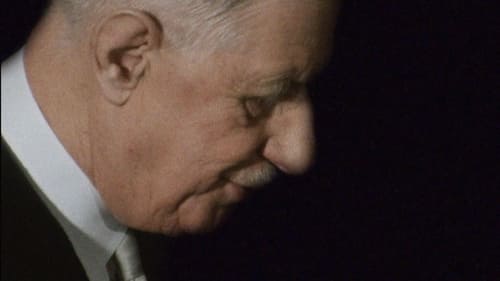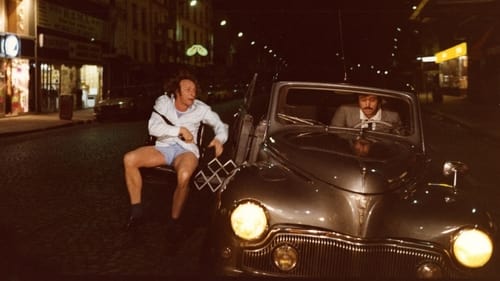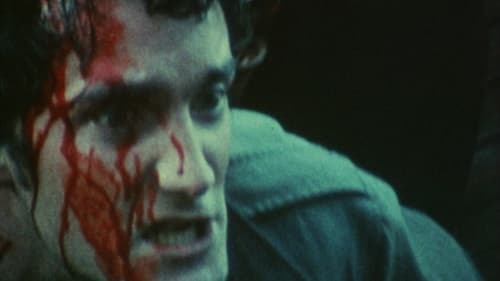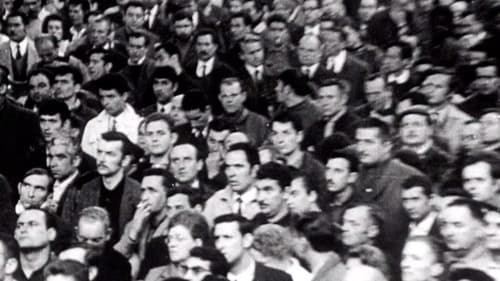Georges Pompidou
Birth : 1911-07-05, Montboudif, Cantal, France
Death : 1974-04-02
History
Georges Jean Raymond Pompidou (5 July 1911 – 2 April 1974) was a French politician who served as President of France from 1969 until his death in 1974. He previously was Prime Minister of France of President Charles de Gaulle from 1962 to 1968—the longest tenure in the position's history. He had long been a top aide to President Charles de Gaulle.
In the context of the strong growth of the last years of the Trente Glorieuses, Pompidou continued De Gaulle's policy of modernisation, symbolised by the presidential use of the Concorde, the creation of large industrial groups and the launch of the high-speed train project (TGV). The State invested heavily in the automobile, agri-food, steel, telecommunications, nuclear and aerospace sectors. It also created the minimum wage (SMIC) and the Ministry of the Environment.
His foreign policy, pragmatic although in keeping with the Gaullist principle of French independence, was marked by a warming of relations with Nixon's United States, as well as by close relations with Brezhnev's USSR, the launch of the Snake in the tunnel and the relaunching of European construction by the entry of the United Kingdom into the EEC, an idea which his predecessor at the Élysée Palace had opposed.
Pompidou died in office in 1974 of Waldenström's disease, a rare form of blood cancer. His presidency is generally held in high esteem by French political commentators.
A man of letters, he belongs to a long line of French statesmen with an excellent writing style. His "Anthology of French Poetry" is still a reference today and is part of the school curriculum. While he was passionate about contemporary art, his name remains known worldwide for the Centre national d'art et de culture Georges-Pompidou, which he initiated, which was inaugurated in 1977 and which subsequently spread the name with its branches in Metz (France), Malaga (Spain), Brussels (Belgium) and Shanghai (China). A Georges Pompidou Museum is also dedicated to him in his home town.
The family of Georges Pompidou was of very modest origins: he was the grandson of farmers of modest means in Cantal on both his father's and his mother's side. His parents were teachers. Thus his case is often cited as a typical example of social mobility in the Third Republic, thanks to public schooling.
Georges Jean Raymond Pompidou was born on 5 July 1911 in the commune of Montboudif, in the department of Cantal in central France. After his hypokhâgne at Lycée Pierre-de-Fermat and his khâgne at Lycée Louis-le-Grand, where he befriended future Senegalese poet and statesman Léopold Sédar Senghor, he attended the École Normale Supérieure, from which he graduated with a degree of agrégation in literature.
He first taught literature at the lycée Henri IV in Paris until hired in 1953 by Guy de Rothschild to work at Rothschild. In 1956, he was appointed the bank's general manager, a position he held until 1962. Later, he was hired by Charles de Gaulle to manage the Anne de Gaulle Foundation for Down syndrome (de Gaulle's youngest daughter Anne had Down syndrome). ...
Source: Article "Georges Pompidou" from Wikipedia in English, licensed under CC-BY-SA 3.0.
